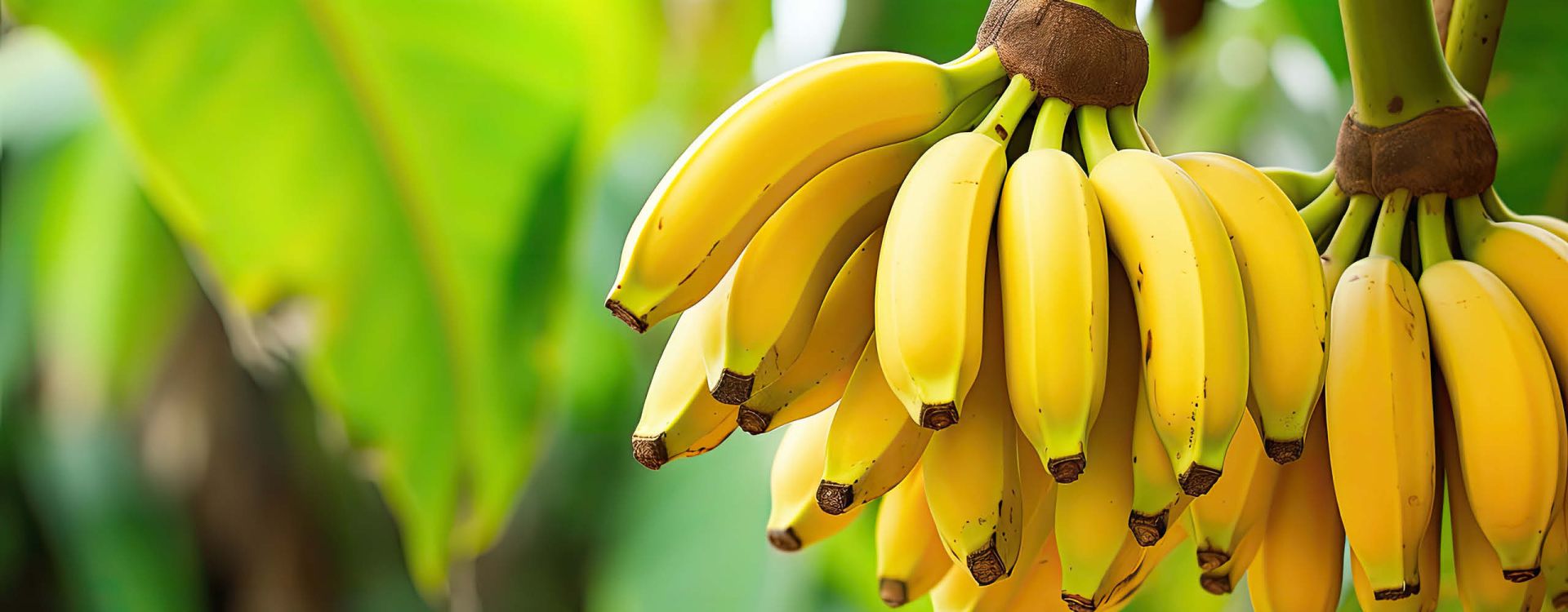Pregnancy is a time when you become extra cautious about what you eat and drink. While a cup of tea can be soothing, not all teas are safe during pregnancy.
In this article, we'll explore the teas to avoid during pregnancy and delve into the reasons why certain varieties can pose potential risks to expectant mothers and their babies, plus other great options for tea drinkers.
7 Teas to Avoid During Pregnancy
During pregnancy, some teas should be approached with caution, while others are best left on the shelf.
Let's dive into the reasons behind avoiding specific teas.
1. Herbal Teas With Unknown Ingredients
Herbal teas, often promoted for their health benefits, can contain a wide array of ingredients. Some of these ingredients may not be well-studied, particularly when it comes to their effects during pregnancy. This lack of research and uncertainty about the safety of specific herbs can make it challenging to determine which herbal teas are safe.
Therefore, it's crucial to consult with your healthcare provider or a qualified herbalist before consuming any herbal teas while pregnant. This ensures you're not introducing potentially harmful substances into your body or risking adverse effects on your pregnancy.
2. Caffeinated Teas
Teas containing caffeine, such as black tea, green tea, and certain herbal teas, should be consumed with caution during pregnancy. High caffeine intake during pregnancy has been associated with an increased risk of preterm birth and low birth weight.
Caffeine is a stimulant that can cross the placenta and reach the developing baby, potentially affecting their heart rate and metabolism. To mitigate these risks, it's advisable to limit your caffeine intake to no more than 200 milligrams per day [*], which is roughly equivalent to one 12-ounce cup of brewed coffee.
By avoiding excessive caffeine, you can reduce the likelihood of complications and promote a healthier pregnancy.
3. Teas Containing Specific Herbs
Some teas contain herbs that can stimulate the uterus, potentially causing contractions. This effect is particularly concerning during pregnancy, as uterine contractions can lead to preterm labor or miscarriage [*].
Teas containing herbs like pennyroyal, tansy, or mugwort should be strictly avoided, as they have been historically linked to miscarriage. These herbs have uterotonic properties, meaning they can induce contractions of the uterine muscles. When consumed during pregnancy, these contractions can pose a significant risk to the developing fetus [*].
4. Chamomile Tea
Chamomile tea is often considered a soothing beverage, but it's not without its concerns during pregnancy. While some pregnant women find it beneficial, there have been debates about its safety due to its potential to stimulate uterine contractions. It's best to consult your healthcare provider before including chamomile tea in your pregnancy diet [*].
5. Sage Tea
Sage tea has been traditionally used to reduce milk supply in breastfeeding mothers. During pregnancy, it's best to steer clear of sage tea due to its potential effects on the uterus. Sage contains compounds that could trigger uterine contractions, which may pose a risk during pregnancy [*].
6. Black and Green Teas
While moderate consumption of black and green teas is generally considered safe during pregnancy, it's essential to be mindful of their caffeine content. Excessive caffeine intake can have adverse effects, so limit your consumption and ensure you stay within the recommended daily caffeine limits.
7. Hibiscus Tea
Due to potential risks associated with its high content of certain compounds, particularly anthocyanins and polyphenols, Hibiscus Tea is not recommended during pregnancy. Potential side effects include interference with iron absorption, lowering blood pressure, and stimulating the uterus [*].
Can Any Type of Tea Cause a Miscarriage?
While there are teas that may have uterotonic effects (stimulate the uterus), potentially causing harm during pregnancy, it's essential to understand that the risk is primarily associated with high amounts of specific herbs, rather than typical tea varieties like black or green tea or small amounts used in food.
Certain common herbs such as Rosemary, Sage, and Tumeric are known to induce contractions and should be avoided during pregnancy to minimize the risk of miscarriage or preterm labor.
A longer list of herbs to avoid includes:
- Rosemary
- Garlic
- Sage
- Turmeric
- Saw Palmetto
- Goldenseal
- Dong Quai
- Ephedra
- Yohimbe
- Pay D’ Arco
- Passion Flower
- Black Cohosh
- Blue Cohosh
- Roman Chamomile
- Pennyroyal
It's vital to consult with your healthcare provider and be cautious when it comes to herbal teas during pregnancy, ensuring you prioritize the safety of your baby.
What Teas Are Safe During Pregnancy?
Now that we've covered teas to avoid during pregnancy, let's explore some pregnancy-safe tea options that can provide comfort and even potential benefits.
1. Ginger Tea
Ginger tea can help alleviate nausea and digestive discomfort often experienced during pregnancy [*]. It has a warm and distinctive flavor profile that is often described as invigorating and spicy.
The combination of its spiciness, warmth, and natural sweetness makes it a popular choice for those looking for a flavorful and therapeutic hot beverage.
2. Peppermint Tea
Peppermint tea has a refreshing and invigorating flavor profile that's well-loved for its cooling and minty taste. It can help relieve digestive issues and ease morning sickness, plus the aroma is fresh and invigorating [*].
Overall, peppermint tea is known for its ability to soothe the senses and provide relief from digestive discomfort. It's a caffeine-free herbal tea that's enjoyed for its delicious taste and therapeutic properties, making it a popular choice for pregnancy.
3. Rooibos Tea
Rooibos tea, also known as red bush tea, has a unique and distinct flavor profile. It is naturally caffeine-free and comes from the leaves of the Rooibos plant, native to South Africa.
The taste of Rooibos tea can be described as sweet, nutty, fruity, earthy, and herbal. The combination of these elements creates a well-balanced and naturally sweet infusion with a warm, comforting quality.
Many people find Rooibos tea to be soothing and enjoyable on its own, but it can also be enhanced with a touch of milk, honey, or lemon, depending on your taste preferences.
4. Lemon Balm Tea
Lemon balm tea has a mild, pleasant, and soothing flavor with a subtle lemony aroma. It's often described as having a gentle, lemon-citrus taste that is not too overpowering or tart. The taste is milder than that of pure lemon or lemon zest, making it a popular choice for those who prefer a more delicate citrus flavor.
Many people find lemon balm tea to be calming and refreshing, making it a popular choice for relaxation and stress relief.
The tea is often enjoyed on its own or blended with other herbs to create a harmonious, subtly lemon-flavored brew.
5. Red Raspberry Leaf Tea
Red raspberry leaf tea is a popular choice among pregnant women. It's believed to strengthen the uterus, soften the cervix, and potentially ease labor.
Many women start drinking it in the second and third trimesters, but it's a good idea to consult with your healthcare provider before doing so.
It's important to note that the primary appeal of red raspberry leaf tea is not its taste but rather its potential health benefits, particularly for pregnant women. While it may not be the most flavorful herbal tea, it is often consumed for its potential therapeutic properties rather than its taste. There are some flavorful recipes worth trying.
6. Chai Tea
While this one is more controversial, Chai tea is generally considered safe for pregnancy when consumed in moderation [*].
Chai tea is a spiced tea that typically includes black tea, milk, and a blend of spices such as cinnamon, cardamom, ginger, and cloves. However, there are a few important considerations to keep in mind — mostly caffeine and spices.
7. Orange Tea
Orange tea, which is typically made from black or green tea leaves combined with orange peel, zest, or flavoring, is generally considered safe for pregnancy when consumed in moderation [*].
However, there are some important considerations to keep in mind. It's advisable to choose natural and organic orange teas that use real orange peel or zest for flavor, rather than synthetic additives. There is caffeine in it, so limit your intake — and some find it to be too acidic.
The Bottom Line
Pregnancy is a precious journey that requires careful consideration of what you consume. By being aware of teas to avoid during pregnancy and understanding the reasons behind these recommendations, you can prioritize the health and well-being of both you and your baby.
Always consult with your healthcare provider for personalized guidance on your pregnancy diet. It's essential to remember that even safe teas should be consumed in moderation during pregnancy. Your commitment to a healthy lifestyle will pave the way for a joyful and fulfilling journey during pregnancy and beyond.
About MiracleCord
At MiracleCord, we understand the importance of making informed choices during pregnancy. While our focus is on cord blood banking, we believe that a healthy pregnancy is the first step to ensuring your child's well-being.
If you have any questions or concerns about cord blood banking or pregnancy, please feel free to reach out to us.
DISCLAIMER: THE INFORMATION ON THIS WEBSITE IS NOT INTENDED TO BE USED AS MEDICAL ADVICE.The materials and information contained on the MiracleCord website is provided for educational and informational purposes only, and is not intended to, and does not constitute, medical or other health advice or diagnosis, and should not be used as such. You should not use this information to diagnose or treat a health problem or disease. If you are seeking personal medical advice, you should consult with a licensed physician. Always consult with a qualified health care provider regarding a medical condition.




